Calls for Ukraine
Calls for Europe
Calls for USA
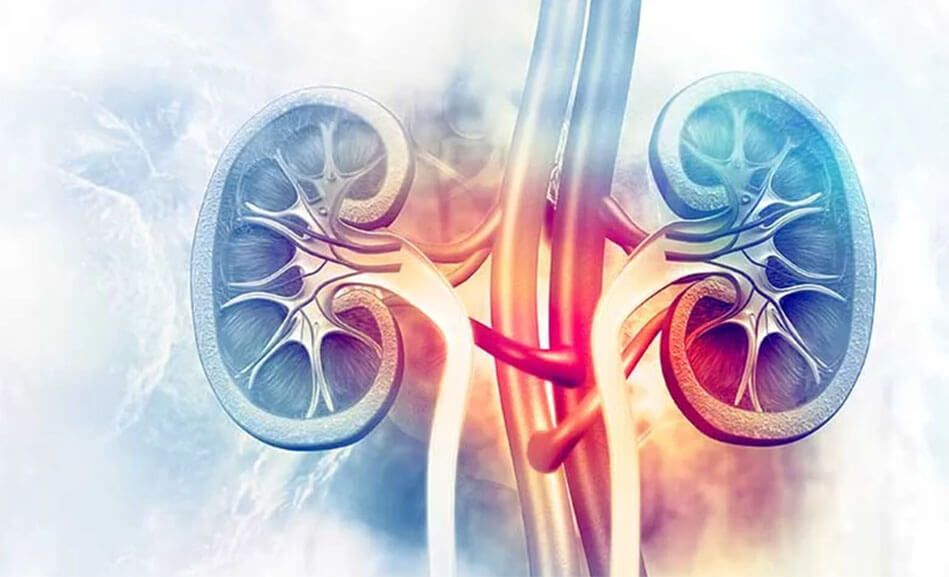
According to statistics, diabetic nephropathy occurs in approximately 70% of patients with advanced diabetes. It can appear as a complication in both type 1 and type 2 diabetes. As a rule, nephropathy develops 10-20 years after the onset of diabetes.
Over time, the kidneys lose their filtering capacity, the kidney tissues begin to be replaced by connective tissue, which leads to chronic renal failure. In the later stages, this condition is life-threatening, so it is very important to start treatment of nephropathy in diabetes mellitus as soon as possible and choose an effective therapy that will help slow the progression of the disease.
The exact reasons why diabetic nephropathy develops are not fully understood, but there are three main theories:
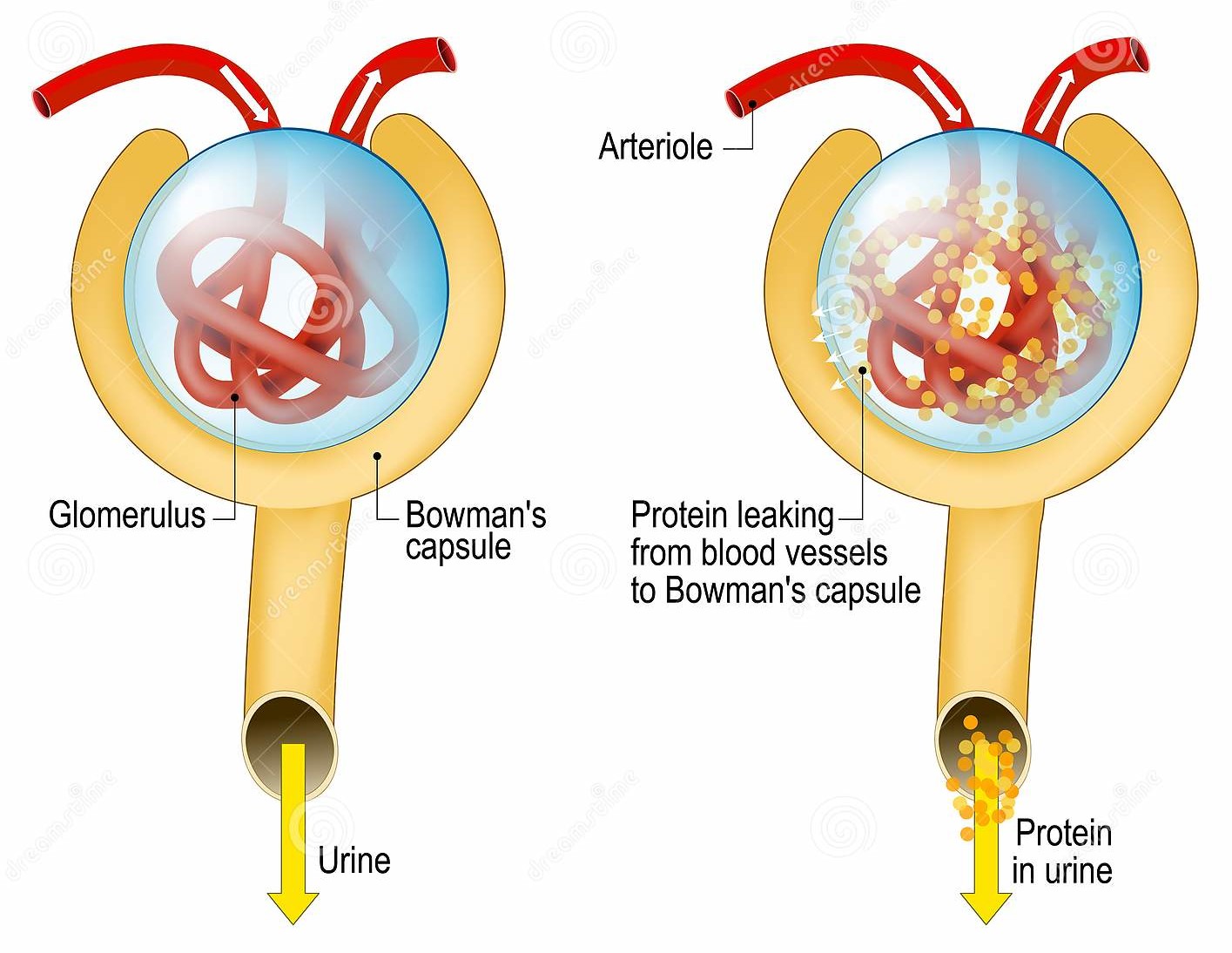
In the initial stages, the disease often does not manifest itself. But as the glomeruli and vessels are damaged, characteristic symptoms of diabetic nephropathy occur:
There are three stages of pathology:
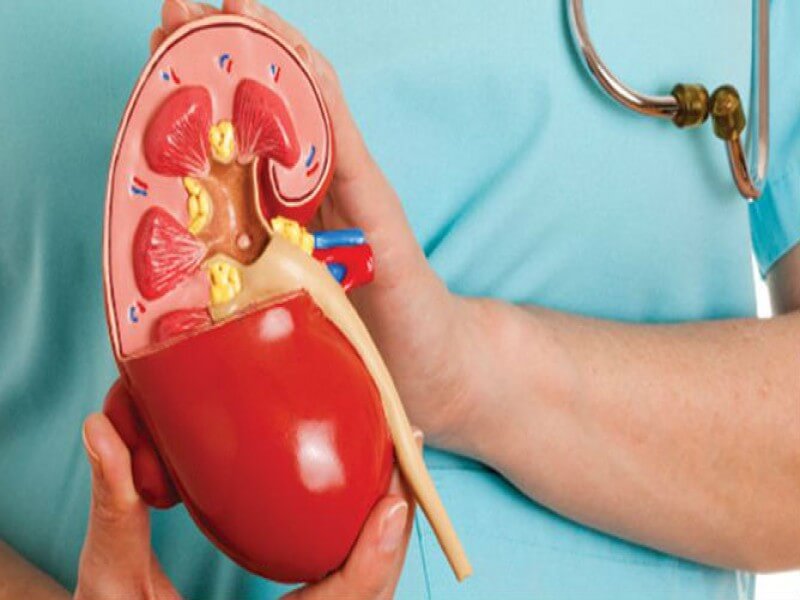
As the disease progresses, the kidneys lose their ability to perform their functions. The concentration of toxins and metabolic products in the blood increases greatly, self-poisoning occurs. And if in the later stages do not carry out regular blood purification or do not do a kidney transplant, then the person dies.
Therefore, timely diagnosis and treatment, selected in accordance with the stage of the disease and its other characteristics, are very important. The medical coordinator of MedTour will help you get the necessary treatment with maximum efficiency and comfort in the best specialized clinics.
In order to detect kidney damage in diabetes mellitus and establish an accurate diagnosis, the following can be prescribed:
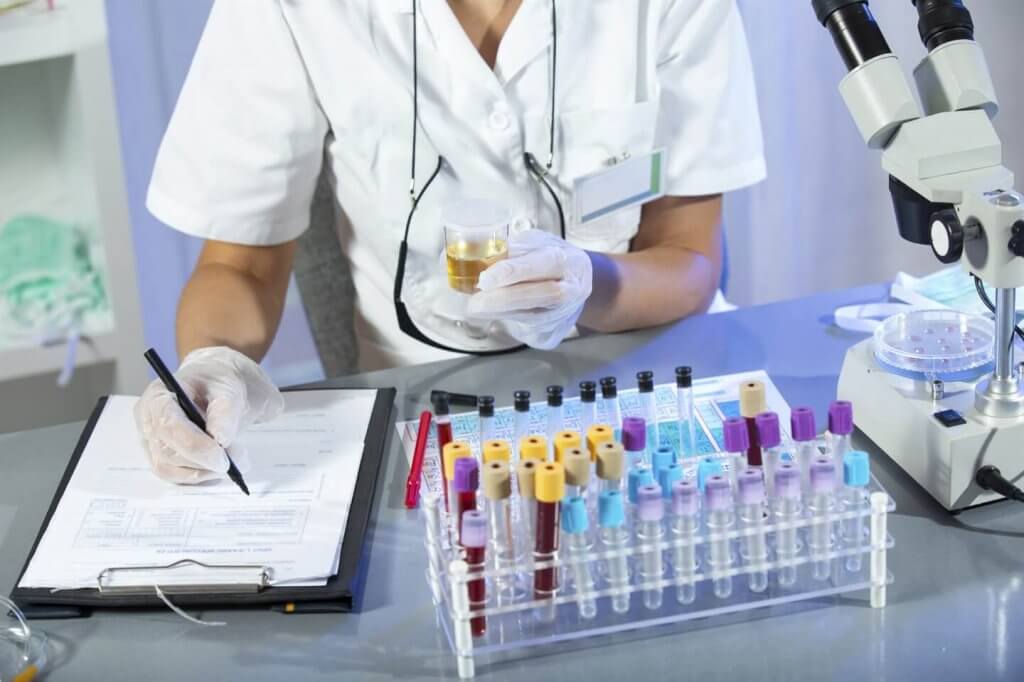
There are two main tests that indicate this pathology:
If the tests show that 30-300 mg of albumin per day is removed from the body with urine or the proportion of albumin/creatinine is 30-300 mg/g, then microalbuminuria is already present.
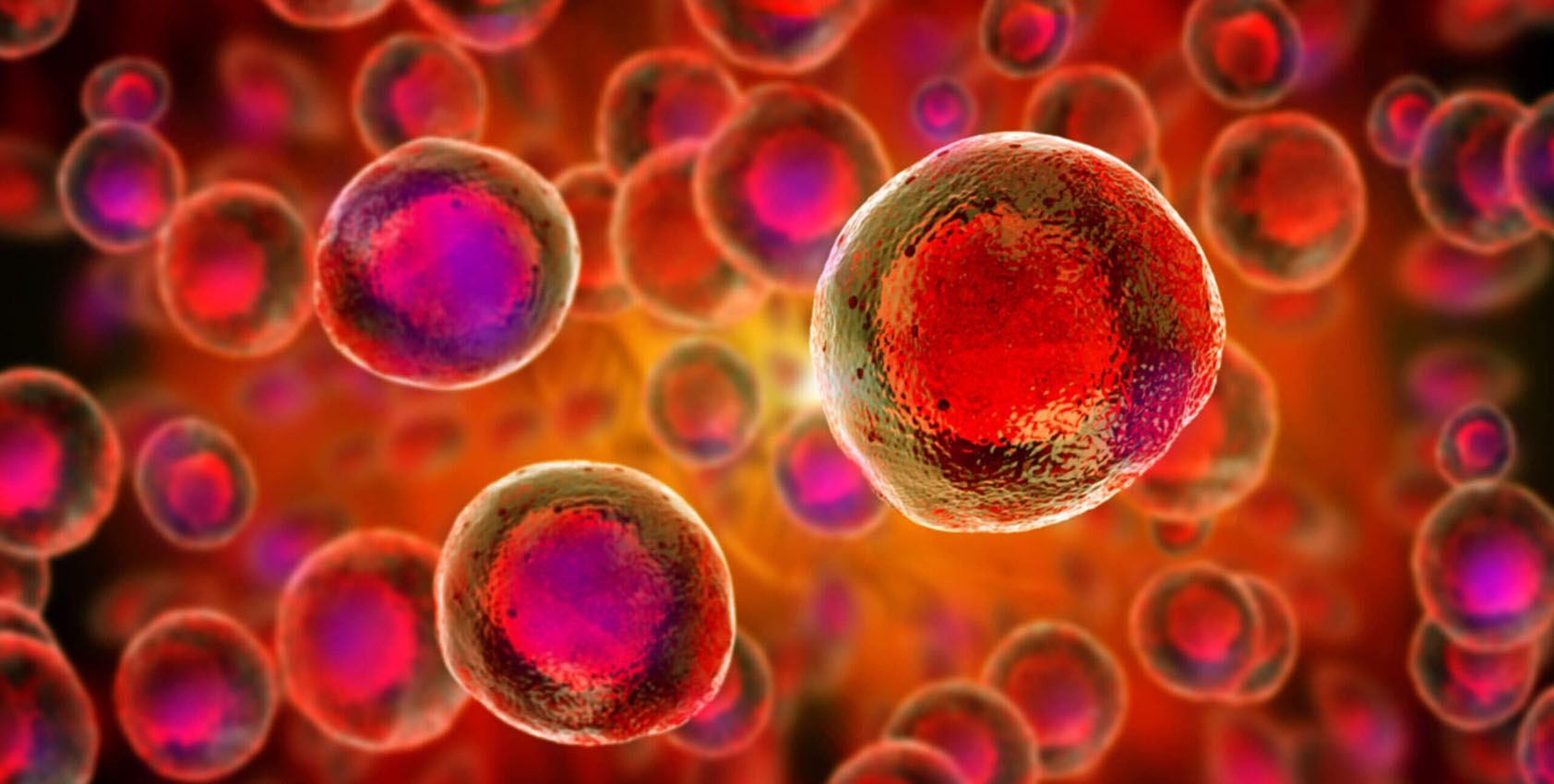
Treatment is aimed at slowing down the progression of the pathology and avoiding the development of complications. In the early stages, conservative methods are used, in the latter stages, surgery may be required. In diabetic nephropathy, drugs can be prescribed in various classes: to control blood pressure, to normalize blood sugar concentration, to control cholesterol. Also, the doctor may prescribe medication to combat anemia, sorbents, etc. Recommendations for diabetic nephropathy also include nutrition correction with a decrease in the proportion of protein foods and salt.
In the later stages, the patient needs hemodialysis to cleanse the blood. A kidney transplant can radically change the situation for the better in the last stages. This is a rather complicated and expensive procedure, but often it is the only way to fight kidney failure. Medical coordinators of MedTour will help you find a clinic and a doctor who specializes in transplantation and successfully resolve transplantation issues.
Cell therapy is a promising treatment for diabetic nephropathy. The stem cells that are used in this case have the ability to turn into cells of various types and tissues. Due to this, their application is a more promising strategy than traditional methods.
Cell therapy has been shown to be effective in the fight against diabetes mellitus (both type 1 and type 2) and has a noticeable positive effect on the condition of the kidneys. Stem cells have a complex positive effect:
For therapy, mesenchymal stem cells are used, which can be obtained from various tissues, including bone marrow, adipose tissue, and skin.
The technique still requires improvement and further research. However, today they are talking about the success of therapy and a number of clinics already offer treatment using this method.
Diabetic nephropathy is a rather serious diagnosis. Kidney failure can markedly increase the risk of complications and death. However, with the right choice of therapy, the prognosis is favorable. And the earlier the diagnosis of the pathology is carried out and the therapy is chosen, the greater the opportunity for the patient to live long and with a good quality of life.
A nephrologist deals with the diagnosis and treatment of kidney diseases. Taking into account the fact that nephropathy is directly related to diabetes mellitus, it may be necessary to consult an endocrinologist, as well as doctors of other specializations.
You can undergo treatment in the leading clinics of the world. The MedTour company will help you find the best solution for your medical problems.
A consultation about the use of cell therapy can be obtained online from Andriy Kovalchuk, PhD, a specialist who successfully uses cell therapy methods to treat various diseases.
What can not be eaten with diabetic nephropathy?
The diet for this disease involves a decrease in the amount of salt and a decrease in the proportion of protein foods in the diet. It is also recommended to limit fast carbohydrates and animal fats. For more information about dietary modification, please contact your doctor.
What accelerates the development of diabetic nephropathy?
The rate of development of the disease is directly related to the increased concentration of sugar in the blood. The longer a person has hyperglycemia, the faster nephropathy develops. It also accelerates the development of atherosclerosis pathology, namely the deposition of cholesterol plaques in the vessels of the kidneys. Hypertension is another factor that negatively affects the condition of the renal glomeruli and provokes kidney failure. The sooner the disease is detected and treatment is started, the more opportunities to stop the process and normalize kidney function.
How effective is cell therapy for diabetic nephropathy?
In most cases, the treatment of kidney disorders with stem cells gives positive results. Kidney function improves, inflammation levels decrease, overall well-being improves. The degree of positive changes may vary: improvements after the procedure may be significant or small. But a positive result is observed in most patients.
Please rate the work of MedTour
